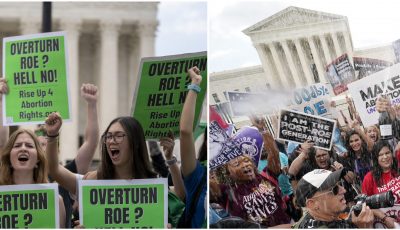Supreme Court denies rehearing of opinion in a convicted rapist’s case
The CNMI Supreme Court has denied the Commonwealth’s request for a rehearing on the Supreme Court’s previous opinion in the case of John Santos Aldan, who was convicted of sexual assault in the first degree.
According to a Supreme Court order, the Commonwealth failed to show that the high court misapprehended an issue of law or fact and therefore denies the request.
In its petition, the Commonwealth, represented by assistant attorney general Robert Glass Jr., asked for a rehearing of the Supreme Court’s opinion in Aldan’s case on the argument that the high court misapprehended the facts of the DNA database involved in the case.
Glass also argued that the high court erred in not remanding on the issue of parole eligibility.
First, in regards to facts of the database, the court said the petition’s selective quotation was materially misleading and the court did not mistake the facts.
“The Commonwealth simply mischaracterized the record. When the context was restored, the expert was in fact referring to backgrounds that were not known to be represented in the database,” the high court stated.
On parole eligibility, the court said the effect of vacating the court’s restriction on parole eligibility was simply to restore the default operation of the parole statute.
“We upheld the rest of the sentence here, so our vacating of the parole restriction portion was severable and refraining from remand was appropriate,” the court stated.
Aldan was convicted of sexual assault in the first degree and disturbing the peace for assaulting a woman. The evidence used to secure his conviction included DNA analysis from Bode Cellmark Forensics, which uses a database of largely U.S. mainland samples. Aside from DNA evidence, physical evidence, the victim’s injuries, and witness testimony were instrumental in the prosecution’s case.
The defense argued that the database was inappropriate in the context of the Commonwealth but it was still admitted.
Aldan appealed his sentence, saying that the conviction should be reversed because the DNA analysis was wrongly admitted. He also asked that his sentence be vacated because it was mechanically imposed and insufficiently individualized, and for the court to vacate the denial of parole eligibility.
The high court found that they had erred in admitting the DNA analysis because the database used didn’t fit the facts of the case required by the NMI Rule of Evidence. However, because the error was harmless, and even without the DNA analysis there was substantial evidence to convict Aldan, the high court instead vacated Aldan’s parole eligibility because the trial court did not provide reasoning.



























